The United Nations and its agencies have long struggled with funding shortfalls. Now an entrenched problem is becoming an acute crisis in the shadow of Donald Trump’s executioner’s axe. The US is the biggest contributor, at 22%, to the UN’s core budget. In February, the White House announced a six-month review of US membership of all international organisations, conventions and treaties, including the UN, with a view to reducing or ending funding – and possible withdrawal. The deadline for decapitation falls next month.
Trump’s abolition of the US Agency for International Development (USAID), and scrapping of most aid programmes, has already badly damaged UN-led and UN-backed humanitarian operations, which rely on discretionary funding. Yet Trump’s axe symbolises a more fundamental threat – to multilateralism and the much-battered international rules-based order. The basic concept of collective responsibility for maintaining global peace and security, and collaboration in tackling shared problems – embodied by the UN since its creation 80 years ago last week – is on the chopping block.
The stakes are high – and Washington is not the only villain. Like the US, about 40 countries are behind in paying obligatory yearly dues. Discretionary donations are declining. The UN charter, a statement of founding principles, has been critically undermined by failure to halt Russia’s illegal war of aggression in Ukraine (and by last month’s US-Israeli attack on Iran). China and others, including the UK, ignore international law when it suits. The number and longevity of conflicts worldwide is rising; UN envoys are sidelined; UN peacekeeping missions are disparaged. The security council is often paralysed by vetoes; the general assembly is largely powerless. By many measures, the UN isn’t working.
A crunch looms. If the UN is allowed to fail or is so diminished that its agencies cannot fully function, there is nothing to take its place. Nothing, that is, except the law of the jungle, as seen in Gaza and other conflict zones where UN agencies are excluded, aid workers murdered and legal norms flouted. The UN system has many failings, some self-inflicted. But a world without the UN would, for most people in most places, be more dangerous, hungrier, poorer, unhealthier and less sustainable.
The US is not expected to withdraw from the UN altogether (although nothing is impossible with this isolationist, ultra-nationalist president). But Trump’s hostile intent is evident. His 2026 budget proposal seeks a 83.7% cut – from $58.7bn to $9.6bn – in all US international spending. That includes an 87% reduction in UN funding, both obligatory and discretionary. “In 2023, total US spending on the UN amounted to about $13bn. This is equivalent to only 1.6% of the Pentagon’s budget that year ($816bn) – or about two-thirds of what Americans spend on ice-cream annually,” Stewart Patrick of the Carnegie Endowment for International Peace noted. Economic development aid, disaster relief and family planning programmes would be gutted.
The impact is potentially world-changing. Key UN agencies in the firing line include the children’s fund, Unicef – at a time when the risks facing infants and children are daunting; the World Food Programme (WFP), which could lose 30% of its staff; agencies handling refugees and migration, which are also shrinking; the International court of justice (the “world court”), which has shone a light on Israel’s illegal actions in Gaza; and the International Atomic Energy Agency, which monitors Iran’s and others’ nuclear activities.
Trump is already boycotting the World Health Organization, the Palestinian relief agency (Unrwa) and the UN Human Rights Council, and has rescinded $4bn allocated to the UN climate fund, claiming that all act contrary to US interests. If his budget is adopted this autumn, the UN’s 2030 sustainable development goals may prove unattainable. US financial backing for international peacekeeping and observer missions in trouble spots such as Lebanon, Democratic Republic of the Congo and Kosovo, currently 26% of total spending, will plunge to zero.
The withdrawal of USAID support is already proving lethal, everywhere from Somalia and Sudan to Bangladesh and Haiti. UN officials describe the situation in post-earthquake, conflict-riven, aid-deprived Myanamar as a “humanitarian catastrophe”. Research published in the Lancet found that Trump’s cuts could cause more than 14m additional deaths by 2030, a third of them children.
The WFP, the world’s largest food aid supplier, says its projected $8.1bn funding deficit this year comes as acute hunger affects a record 343 million people in 74 countries. And other donor states are failing to fill the gap left by the US. So far in 2025, only 11% of the $46.2bn required for 44 UN-prioritised crises has been raised. The UK recently slashed its aid budget by £6bn, to pay for nuclear bombs.
UN chiefs acknowledge that many problems pre-date Trump. António Guterres, the secretary general, has initiated thousands of job cuts as part of the “UN80” reform plan to consolidate operations and reduce the core budget by up to 20%. But, marking the anniversary, Guterres said the gravest challenge is the destructive attitude of member states that sabotage multilateral cooperation, break the rules, fail to pay their share and forget why the UN was founded in the first place. “The charter of the United Nations is not optional. It is not an à la carte menu. It is the bedrock of international relations,” he said.
Guterres says the UN’s greatest achievement since 1945 is preventing a third world war. Yet respected analysts such as Fiona Hill believe it’s already begun. The UK and other democracies face some pressing questions. Will they meekly give in to Trump once again? Or will they fight to stop this renegade president and rogue states such as Russia and Israel dismantling the world’s best defence against global anarchy, forever wars and needless suffering?
Will they fight to save the UN?
-
Simon Tisdall is a Guardian columnist

 German (DE)
German (DE)  English (US)
English (US)  Spanish (ES)
Spanish (ES)  French (FR)
French (FR)  Hindi (IN)
Hindi (IN)  Italian (IT)
Italian (IT)  Russian (RU)
Russian (RU)  10 hours ago
10 hours ago






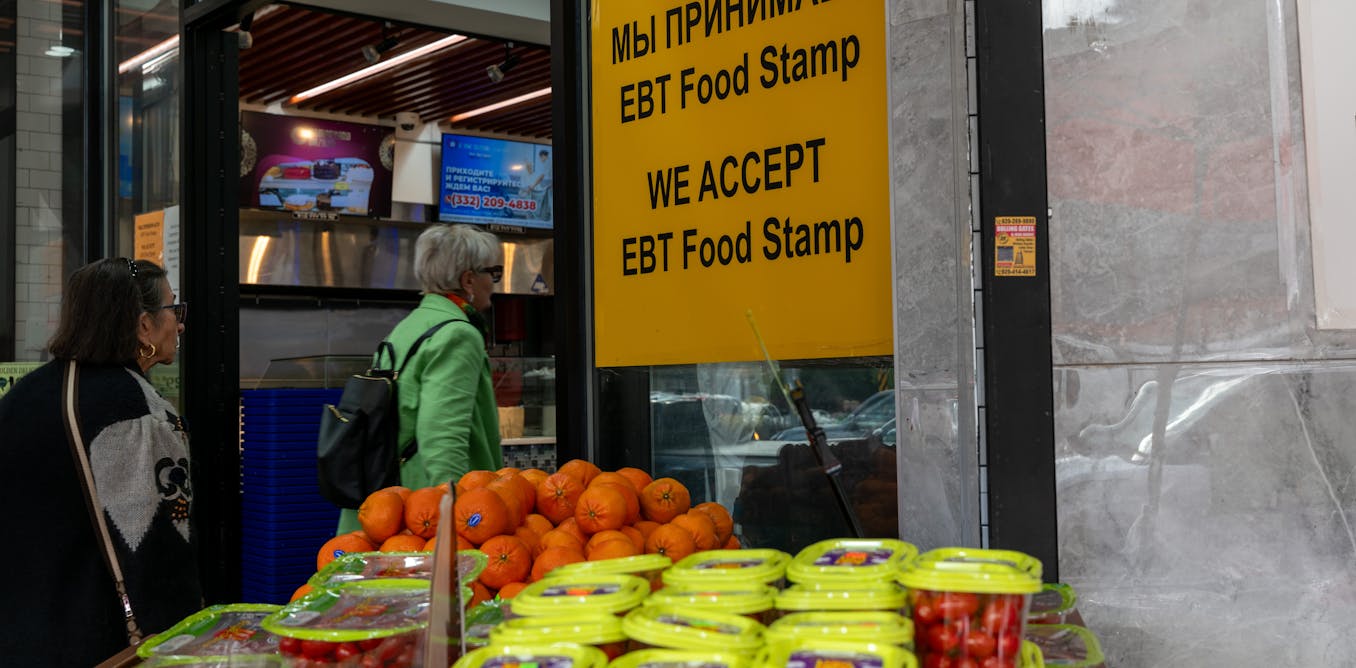




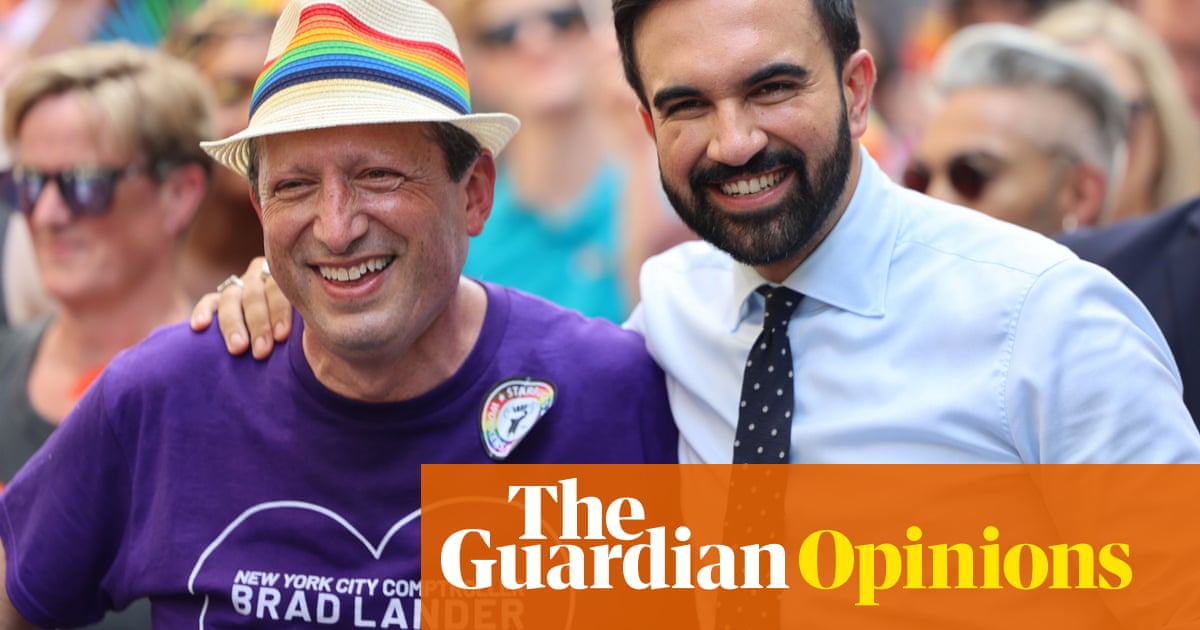


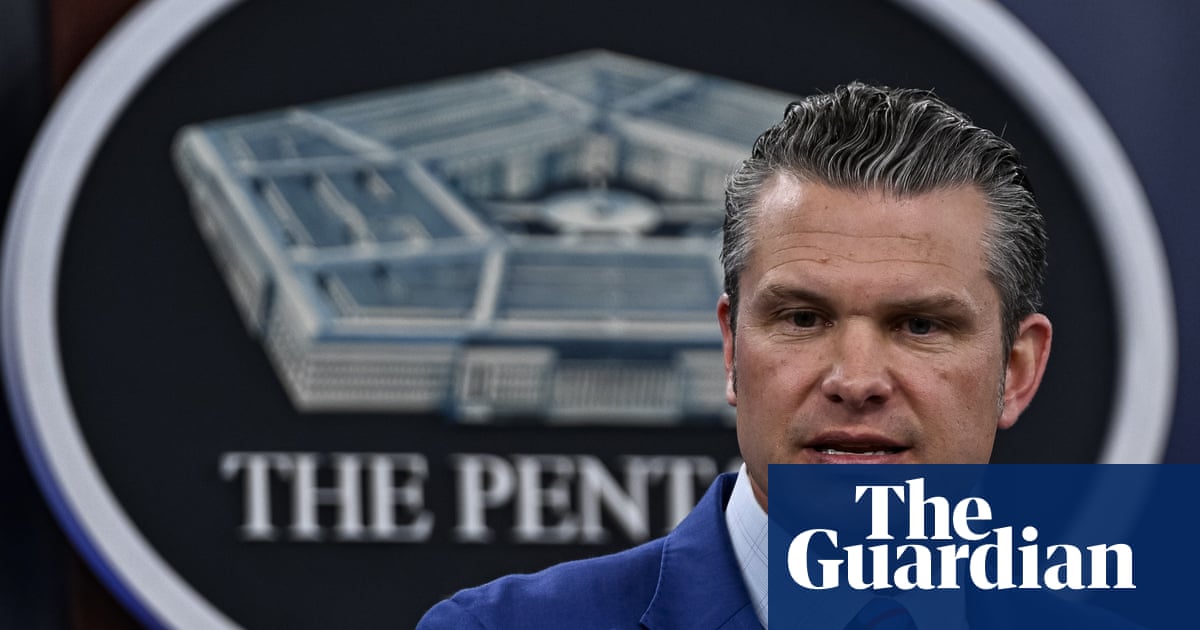






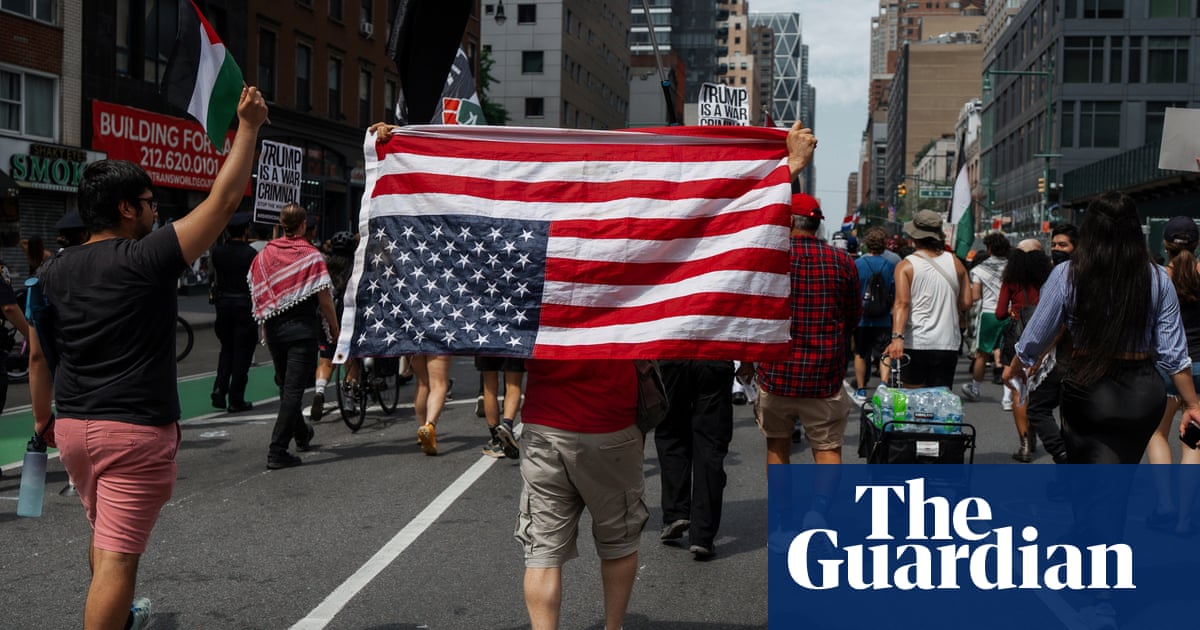

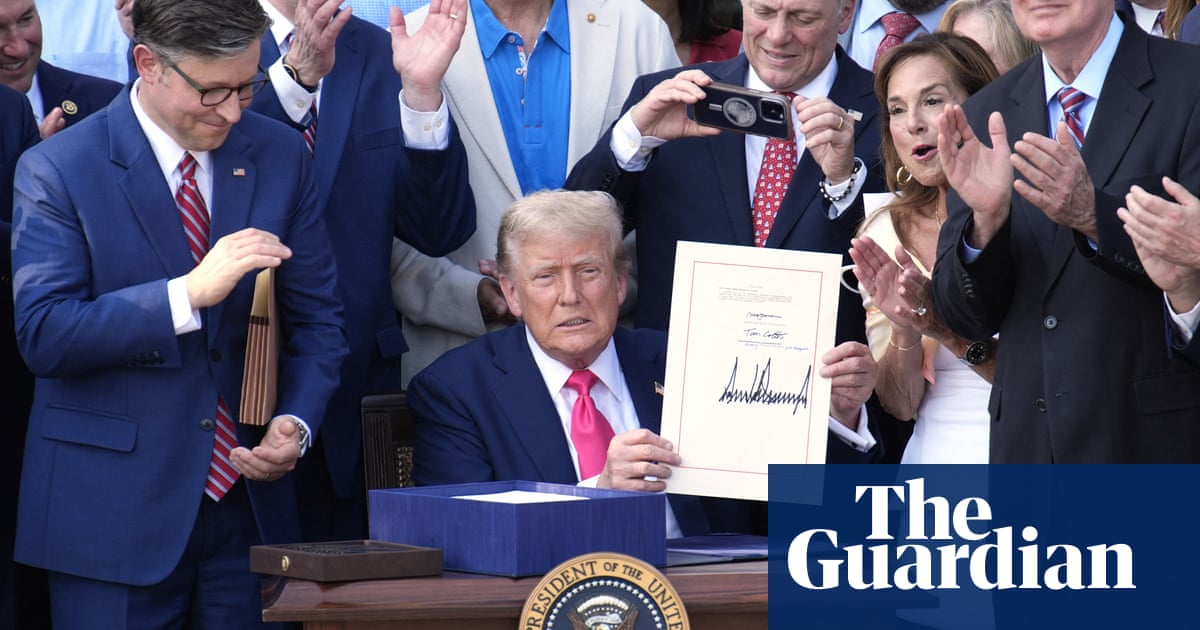
Comments